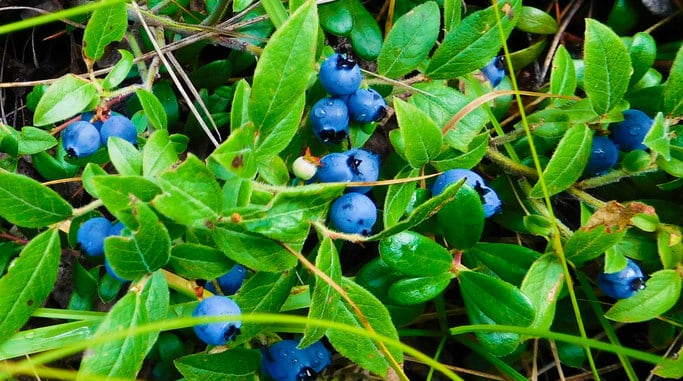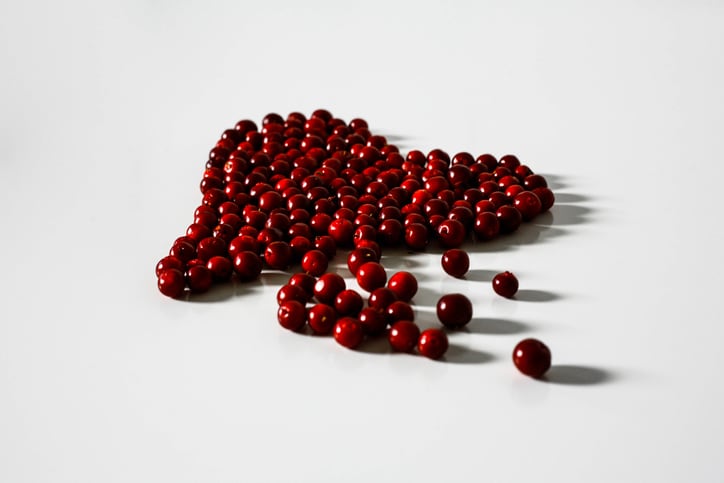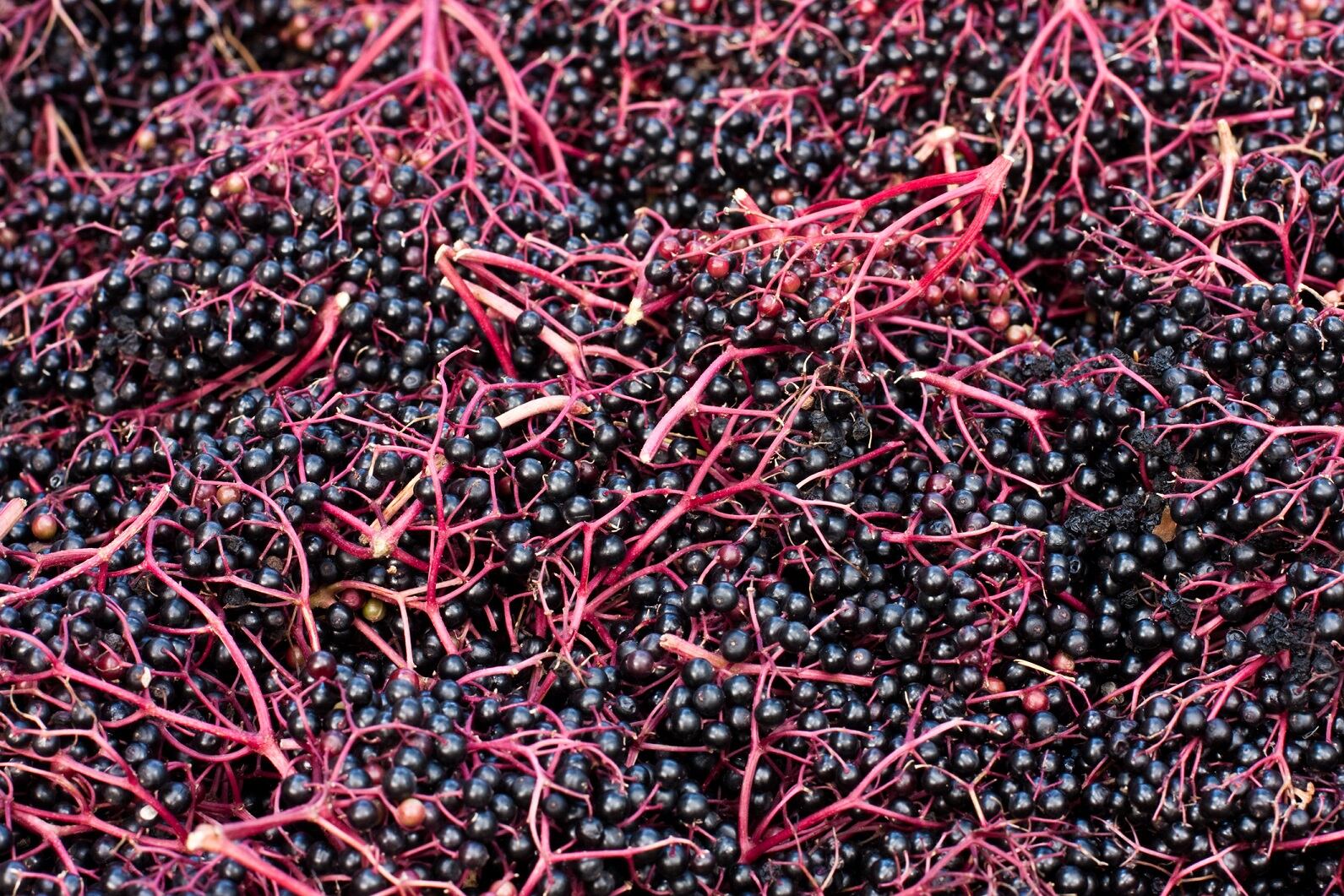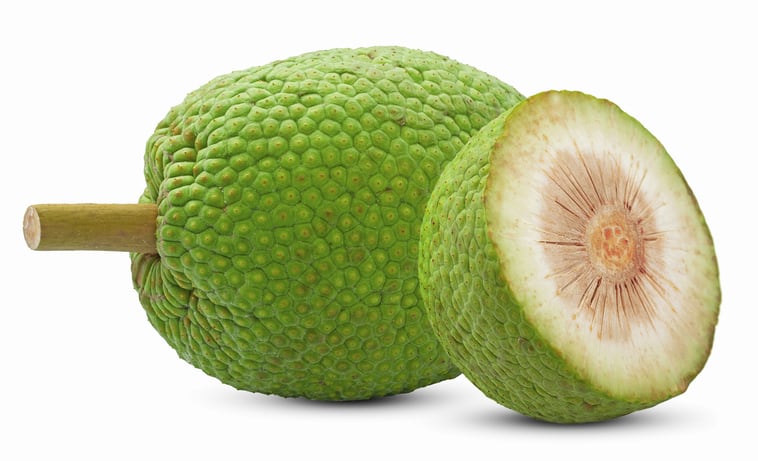Botanicals have long played a crucial role in wound healing, with phytotherapy being practiced by humans for millennia, with roots in Traditional Chinese Medicine, Ayruveda and more systems of medicine. Some botanicals have been found to exhibit antimicrobial, anti-inflammatory, angiogenic, antioxidant, or cell proliferation promoting activities.
An estimated 2% of the United States general population suffers from chronic, non-healing wounds. The cost of caring for these wounds is estimated to exceed $50 billion every year. Research in the journal Wounds points out that the prevalence rate can be compared to that of heart failure, but less is known about wound healing therapies.
Researchers from the University of Maine are hoping to answer some of the questions surrounding wound management. Their latest research suggests that treating wounds with wild blueberry extract may improve healing. The research will be presented this week in Philadelphia at the American Physiological Society’s (APS) meeting at Experimental Biology 2022. The annual event involves five societies that explore the latest research in anatomy, biochemistry and molecular biology, investigative pathology, pharmacology, and physiology.
Previously, researchers from the University of Maine found that a phenolic extract from wild blueberries improved vascularization and cell migration—critical steps in the healing process—in human umbilical cord cells. The new study, led by Dorothy Klimis-Zacas, MS, PhD, FACN, examined the effects of phenolic extract on live wounds.
The study
The researchers divided a group of rats into three subgroups: one treated with gel containing a wild blueberry phenolic extract, another with a base gel that did not contain the phenolic extract and a control group that received no treatment.
“Armed with our in vitro data on the role of wild blueberry extracts on HUVEC migration and angiogenesis and in partnership with an industry partner we developed two prototypes, one gel/serum and one cream that contain phenolic extract (PE) at specific concentrations to study their potential for skin regeneration, vascularization and inflammation related to wound healing. These prototypes were tested in pre-clinical studies with Sprague Dawley rats on dorsal wounds at different concentrations after application for seven days,” Klimis-Zacas told NutraIngredients-USA.
Findings
“Speed of wound closure was 12% higher and vascularization was 20% higher in the gel-product with PE at a specific concentration compared to control. Compared to wound healing products in the market that speed wound closure only by approximately 6%, our product is superior,” explained Klimis-Zacas. “We are presently analyzing the wounds (skin tissues) for angiogenesis, re-epithelialization, organized collagen formation, and inflammation markers as well as conducting histological studies to image angiogenesis and fibrosis.”
The study noted that the research is innovative because it provides new insights into the metabolomic pathways of PE treatment in rats used as a wound healing model.
Implications
Klimis-Zacas said that discovering new therapeutic modalities for wound healing—especially plant extracts—will aid millions of people by decreasing chronic wound complications and amputation with subsequent effects on decreasing health care costs in the US and globally. “This product will improve the quality of life and decrease hospital stays thus decreasing medical costs in people suffering from diabetic wounds, pressure ulcers, burns, severe trauma, venous leg ulcers, post-surgical wounds, scarring and other chronic health conditions. Third world country persons suffering from the above conditions can be especially benefited from this biomedical product due to its low cost, no side effects, easy application and all ‘natural nature.’ Additionally, it has application to our national security because it can benefit soldiers in the field who encounter blast wounds; having an easily carried product available in their backpack that can arrest inflammation and hasten wound healing in situ is of tremendous help in preventing more severe complications such as amputations,” she added.
Research continues
Klimis-Zacas told us that their next research project will focus on the development of nanocarriers for targeted delivery of the wild blueberry phenolic extract to preserve stability and ensure effective transdermal delivery to the wound.
Source: Experimental Biology 2022
American Physiological Society’s (APS) annual meeting, Philadelphia, PA
“Blueberry extract may aid wound healing”
Authors: D. Klimis-Zacas, et al.




